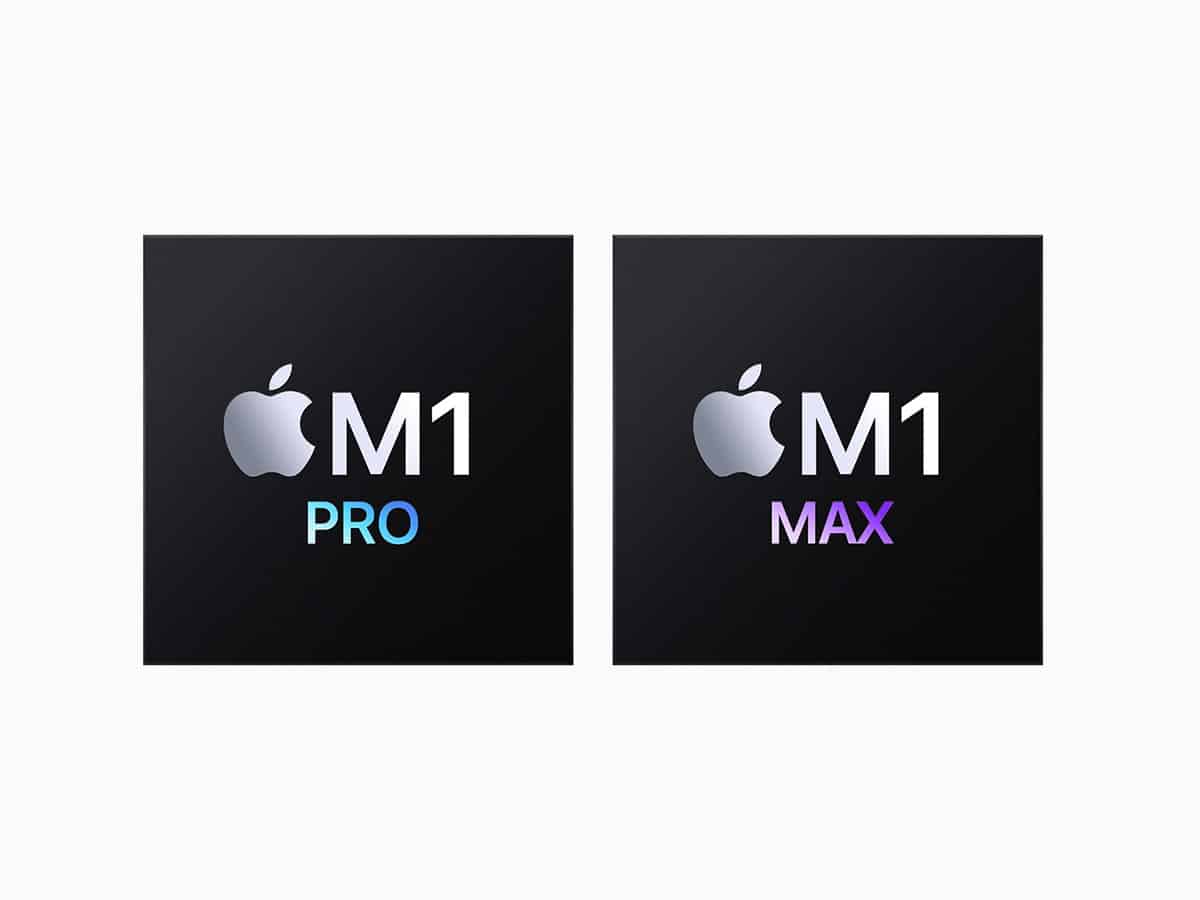New Delhi: Apple will see significant chip improvements every two years with Taiwan Semiconductor Manufacturing Company (TSMC), as it launched M1 Pro and M1 Max chips for advanced Macs this month, according to a new report.
This evolution of the M series chips is in line with Apple’s processor development strategy.
“In addition to the Ax chips for smartphones, Apple also created M series chips for PCs in 2020, with the goal of replacing all Intel CPUs with Apple Silicon within two years,” said Brady Wang, Associate Director, Counterpoint Research.
The SoC architectures in iPhones, and iPads and Macs are similar but the Mx for PC has more cores and larger cache memory.
“In other words, Apple’s latest and most advanced processor will be the Mx for PCs instead of the Ax for smartphones. Ax will inherit the features and innovations of the Mx and become its customised version,” he added in a blog post on late on Monday.
Thanks to the introduction of Apple Silicon M1 chip, Macs had their greatest Q2 sales ever and reached six million shipments in the second quarter and 90 per cent Macs were powered by M1 chips this year.
Apple in November last year introduced three new Mac devices — MacBook Air, MacBook Pro and Mac Mini — powered by the Apple M1 system on a chip (SoC).
While the M1 was designed for entry-level Macs, the M1 Pro and M1 Max, launched on October 18, are meant for advanced Macs.
“Apple’s services revenue has been growing steadily since 2016, accounting for 21.5 per cent of the total revenue in Q2 2021. The new Mac models will also aid in this growth. Content creation and games will be the driving forces in the coming years,” Wang predicted.
Apple has been expanding its APIs for new applications including gaming, ray tracing and augmented reality/virtual reality.
“All these applications necessitate SoCs with several cores that communicate and collaborate with one another, as well as huge system caches to improve responsiveness,” the report noted.
Ray tracing is a technique that was heavily emphasised at the Apple Worldwide Developers Conference (WWDC) in 2020 and 2021.
Content creators are undoubtedly the largest target group for the M1 Pro and M1 Max. Game developers are among the M1 Pro and M1 Max’s potential customers.
According to Counterpoint estimates, Apple Silicon is currently powering 93 per cent of Macs. As new chips are launched, this proportion will continue to grow.
“Apple’s M1 Pro and M1 Max meet the company’s requirements for a multitasking, high-performance and power-efficient mid-to-high range laptop,” the report said.

